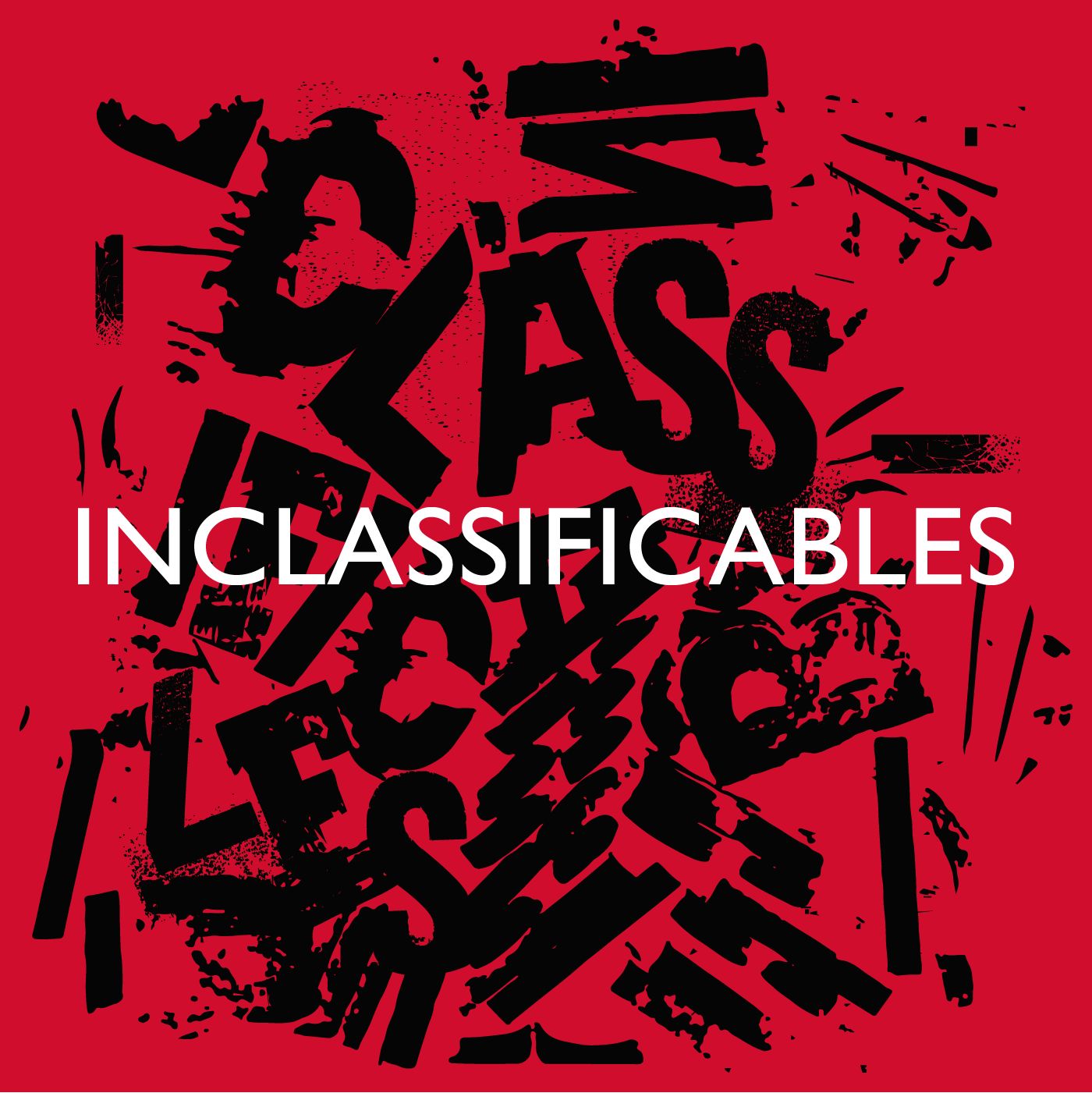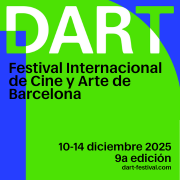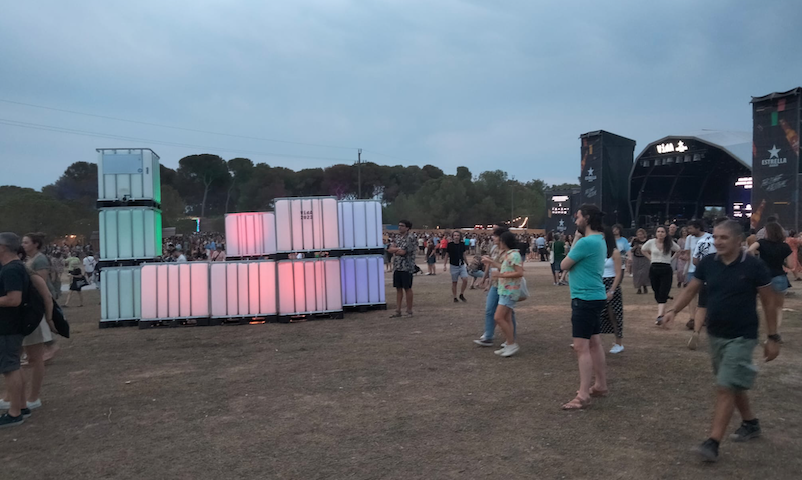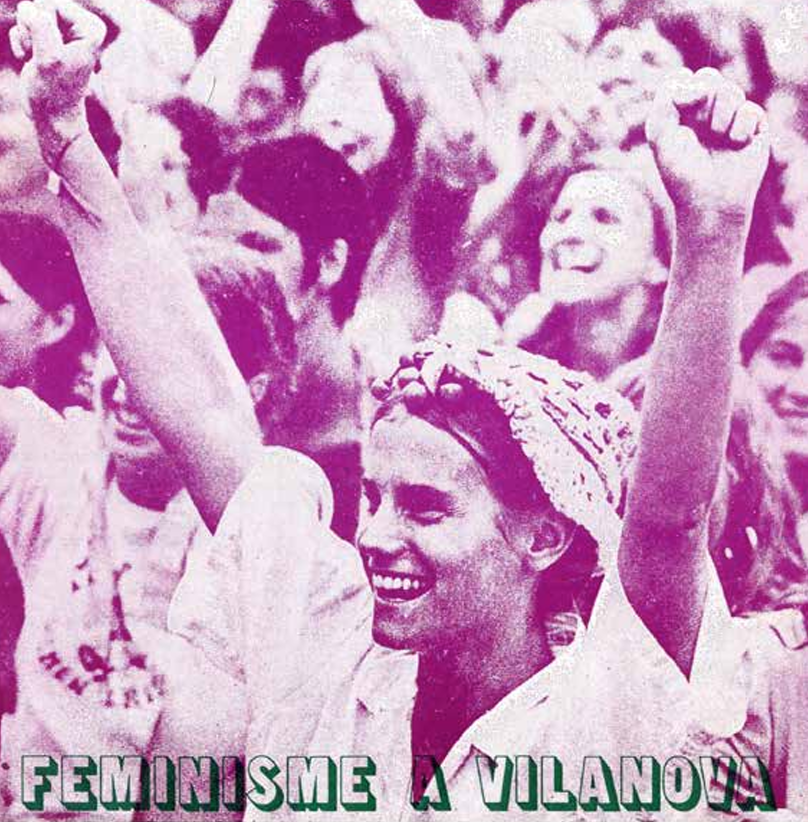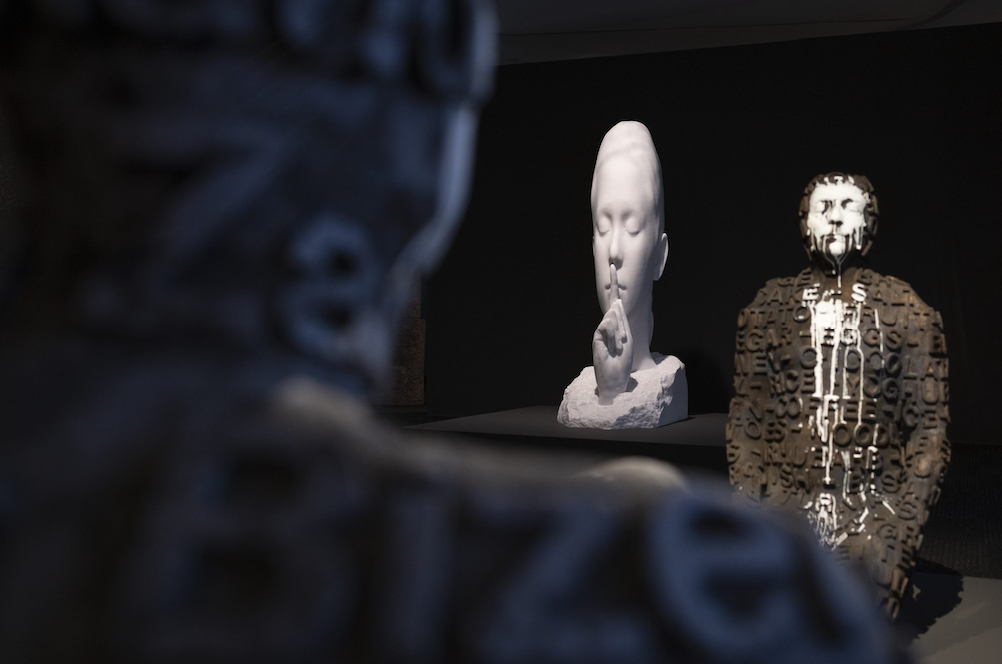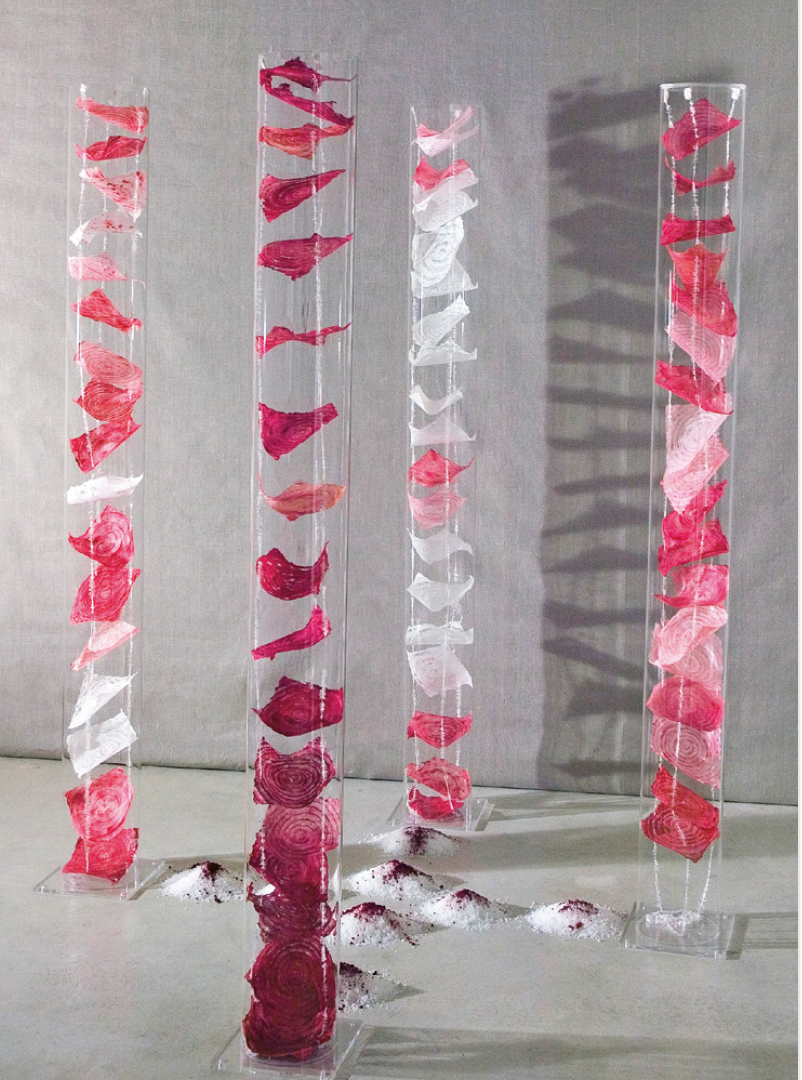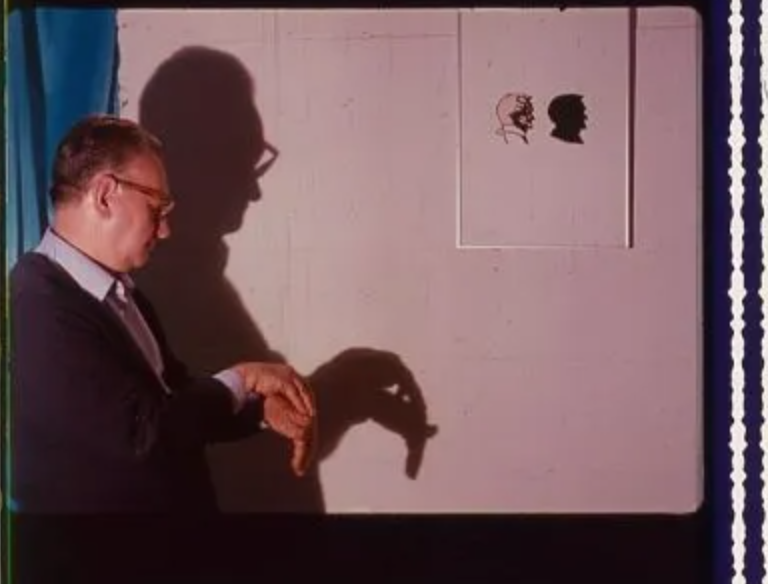
There are still other Brushes to discover, to claim. Joan Brossa deployed a theatrical and, above all, para-theatrical imagination in all areas of his poetry: visual, objectual, literary and, obviously, scenic. And now he invites us to participate with him and his work through the exhibition Joan Brossa and the poetry of action, the paratheatre at the Joan Brossa Foundation. An imaginary that discards narrative and logic and enters the world of transformation, surprise, enchantment and occurrence.
The exhibition and the book that are part of the project approach this other Brossa: Fregoli and the carnival of revolt; conjurers, clowns and trapeze artists; puppeteers, fakirs, mimes and strippers; the cinema that does not want to explain any repeated plot and the shadows made with hands. With a key that runs through everything: the performative fact. Or that denomination that the poet had given for good: the irregular theater; or the post-theatre.
What connects the circus with magic, with music-hall , with striptease , with a certain conception of cinema, with all these scenic techniques or disciplines? Within Brossian poetics, what most attracted him to these shows was their anti-narrative nature. Or, at least, its covert narrativity. All these languages do not seek to trap the viewer in a narrative chain, ordered and causal. Quite the contrary, these languages are presented as performative and visual manifestations that present a spectacular moment or a succession – non-narrative – of spectacular moments that, above all, seek to surprise and amaze the public.
Too often Brossa's protean work, as interdisciplinary as few, is taken by its analysts through watertight compartments: literary criticism focuses on the poet of the written word; art criticism, in its visuality; the theater critic, in his scenic adventures. But you need to take Brossa as a whole, look for its continuities and not divide it into isolated fragments. Not only because for him these divisions did not exist, but because the maximum legitimacy of his work, beyond the will of the author himself, is this uniformity in so many fields of contemporary creation.
Joan Brossa and action poetry, live: when no one was talking about performance , he was already doing conjuring games. Or shadows with hands. And he became a performer before his characters began to speak. Perhaps this is why he asked the viewer to take an active position, outside of the usual ostracism we manifest as an audience:
if you judge the show with your usual ideas, you'd better stay home.


